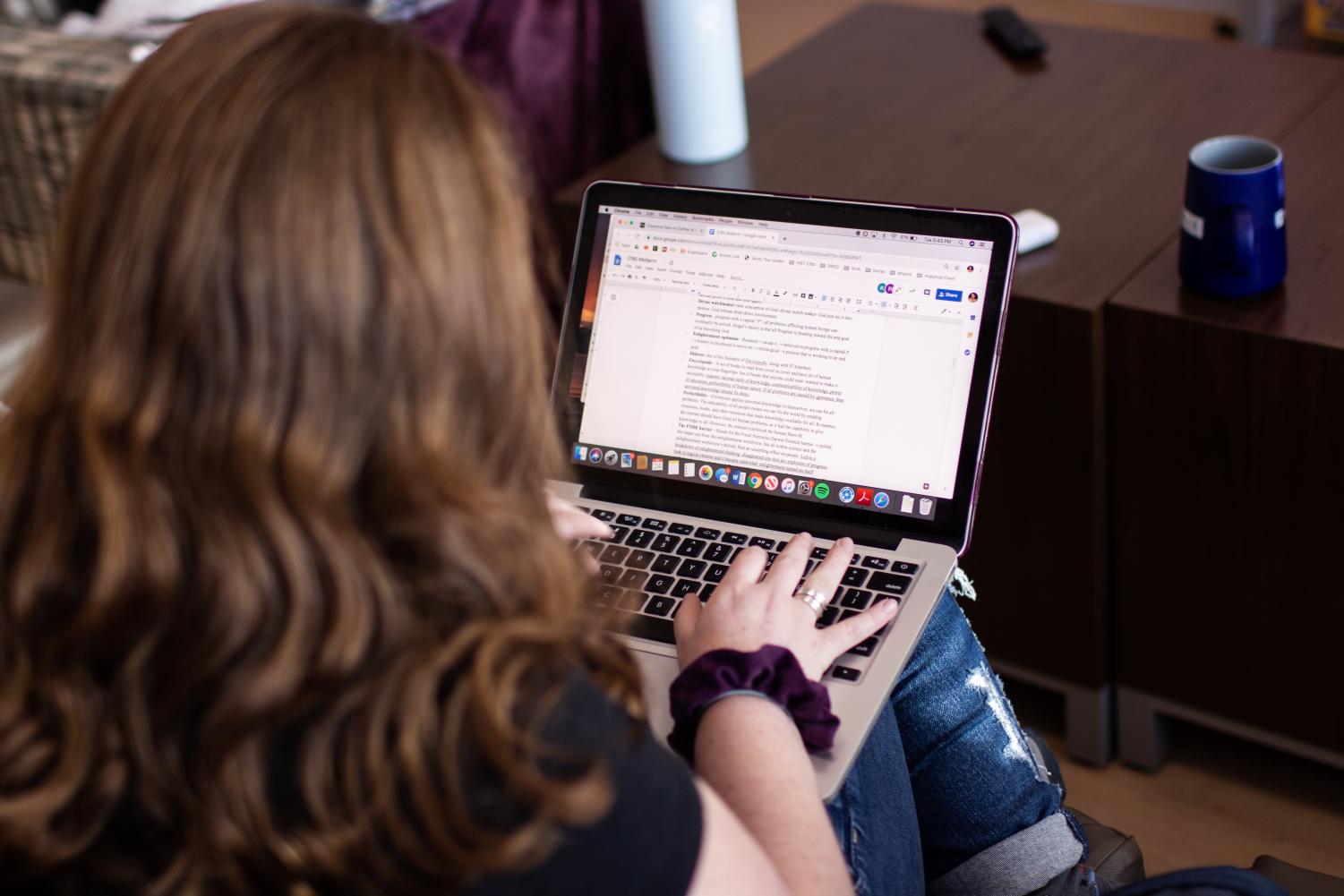
Sitting in Hank 208, it felt strange to be on the other side of the table. My VUCeptor from last year had asked me to be on a panel for her Visions group. It was one of their last sessions, and this panel was an opportunity for the first-years to ask questions and get advice from upperclassmen other than their VUCeptor. Although I would definitely not consider myself an expert on all things Vandy, it was fun to share my two cents with the group; it seemed like just yesterday I was in their shoes eagerly soaking up the wisdom my panel had to offer.
One question that repeatedly came up was “How do I handle everything?” First-years were concerned not only about managing academics with major exams and papers piling up with the end of the semester, but also struggling with staying involved in multiple clubs they had joined earlier in the year. Listening to my fellow panelists’ answers, I felt that learning to master time management is an essential skill that becomes increasingly important as we get older. With ever increasing responsibilities, harder courses and additional career-related commitments, I wanted to share a few tips I find helpful in catching up with the clock. I am by no means a time management expert, but I wanted to share a few thoughts about has worked for me in college.
Use a calendar
Whether you prefer Google Calendar, iCalendar or a paper planner, I strongly recommend a calendar of some sort. Although I used an agenda book for homework assignments and exam dates in high school, when I got to college I quickly realized that there was a lot more I needed to plan out and keep track of. With an increased number of commitments, using a planner was even more important in making sure I was completing necessary tasks. Without any sort of rigid schedule in place, I found that I was wasting a lot of time in between classes and meetings thinking about what I needed to do next.
I like to block out my days using a color coded key that shows not only the homework assignments that need to be completed, but also when I’m in class, club meetings, events and other errands. The one pro about electronic calendars is that it’s easy to move events around, such as assignments you didn’t get to finish, or extend the length of certain activities to match how long they actually took.
Remember self-care
I know you’re probably tired of hearing about self-care by now, but I wanted to emphasize its importance in helping you accomplish goals in the long-run. As much as I like to go full speed ahead all the time, it’s an unsustainable practice. Making sure you’re taking the time to re-charge and getting enough sleep will ultimately increase your efficiency by preventing burn-out.
Observe your habits
While there’s nothing wrong with a quick Netflix, social media or YouTube break, easy entertainment is a way a lot of us let time spiral out of our control. Try observing and recording how often you check your phone and how much time you spend on social media (app tracking tools on phones makes this super easy) or other forms of entertainment. Being aware of how many hours you spend on entertainment platforms can help bring perspective into where you can, and perhaps should, be cutting down to be more mindful of your time. Time is something we can’t get back, so being intentional about how we spend it is important!





